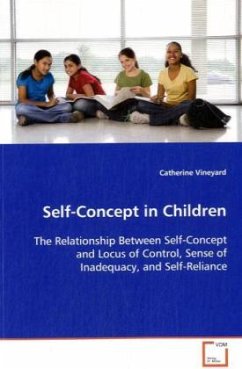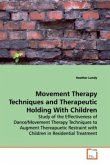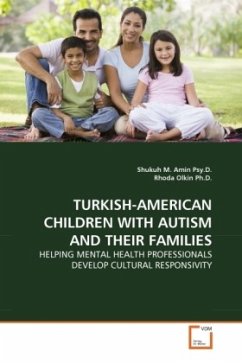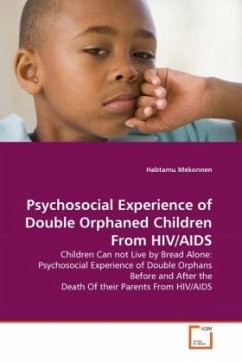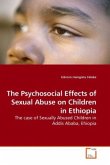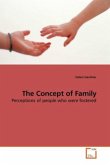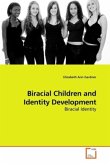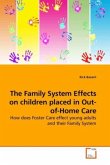This study evaluated the relationship between a
student s locus of control, sense of inadequacy, and
self-reliance, as measured by the Behavior Assessment
Scale for Children, Second Edition Self-Report of
Personality-Child with the student s self-concept, as
measured by the Piers-Harris Children s Self-Concept
Scale, Second Edition. Three hypotheses about this
relationship were tested on 45 participants aged 9-11
years. The results of the multiple regression
analysis revealed that none of the three predictor
variables nor the interactions of the predictor
variables significantly predicted the dependent
variable. However, a post hoc stepwise regression
analysis revealed a significant two-way interaction
of Locus of Control X Sense of Inadequacy to
negatively predict Piers-Harris Total scores (t(44) =
- 4.605, p .05, one-tailed). The results of this
study impact the field of school psychology by
providing evidence that a student s locus of control
and sense of inadequacy do have an effect on their
self-concept.
student s locus of control, sense of inadequacy, and
self-reliance, as measured by the Behavior Assessment
Scale for Children, Second Edition Self-Report of
Personality-Child with the student s self-concept, as
measured by the Piers-Harris Children s Self-Concept
Scale, Second Edition. Three hypotheses about this
relationship were tested on 45 participants aged 9-11
years. The results of the multiple regression
analysis revealed that none of the three predictor
variables nor the interactions of the predictor
variables significantly predicted the dependent
variable. However, a post hoc stepwise regression
analysis revealed a significant two-way interaction
of Locus of Control X Sense of Inadequacy to
negatively predict Piers-Harris Total scores (t(44) =
- 4.605, p .05, one-tailed). The results of this
study impact the field of school psychology by
providing evidence that a student s locus of control
and sense of inadequacy do have an effect on their
self-concept.

